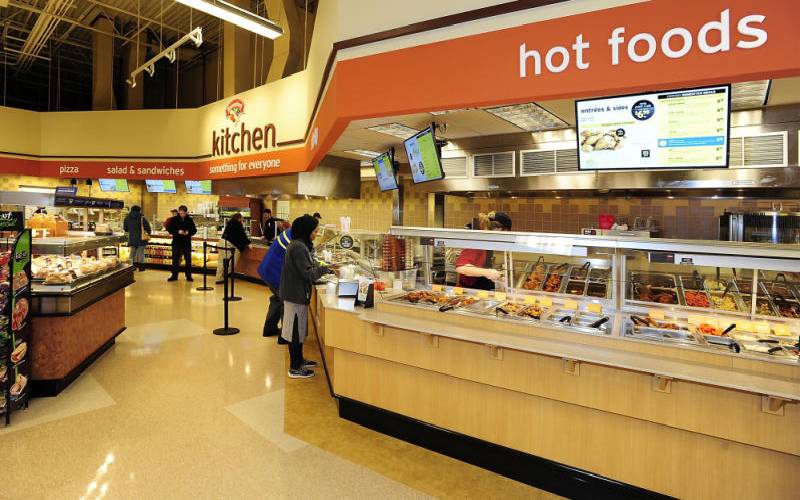×
The Standard e-Paper
Fearless, Trusted News

Our supermarkets are doing brisk business selling cooked food. They’re giving hotels and restaurants a run for their money. It was an ingenious idea, and most supermarkets now have a section where you can sit and enjoy your meal.